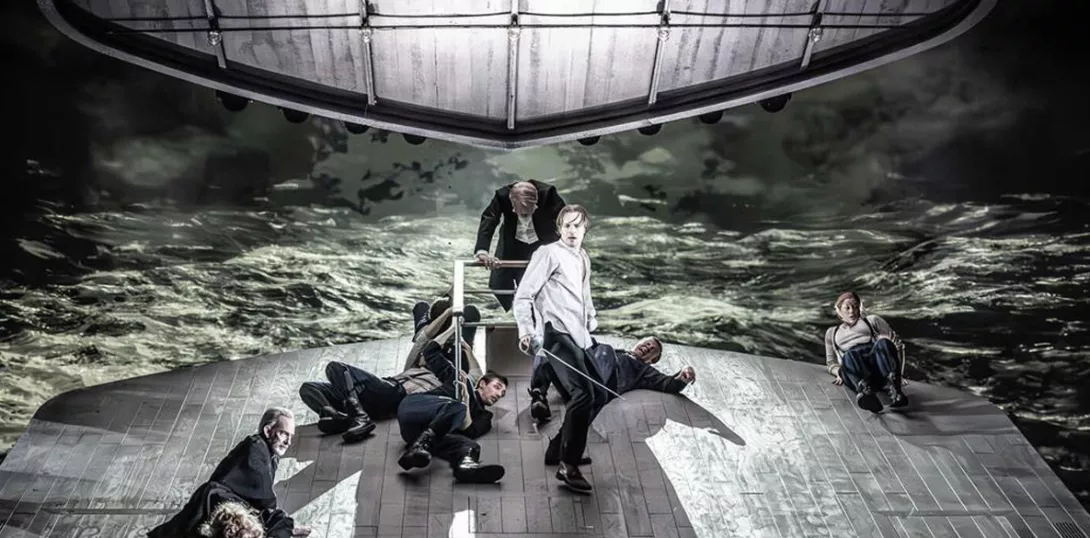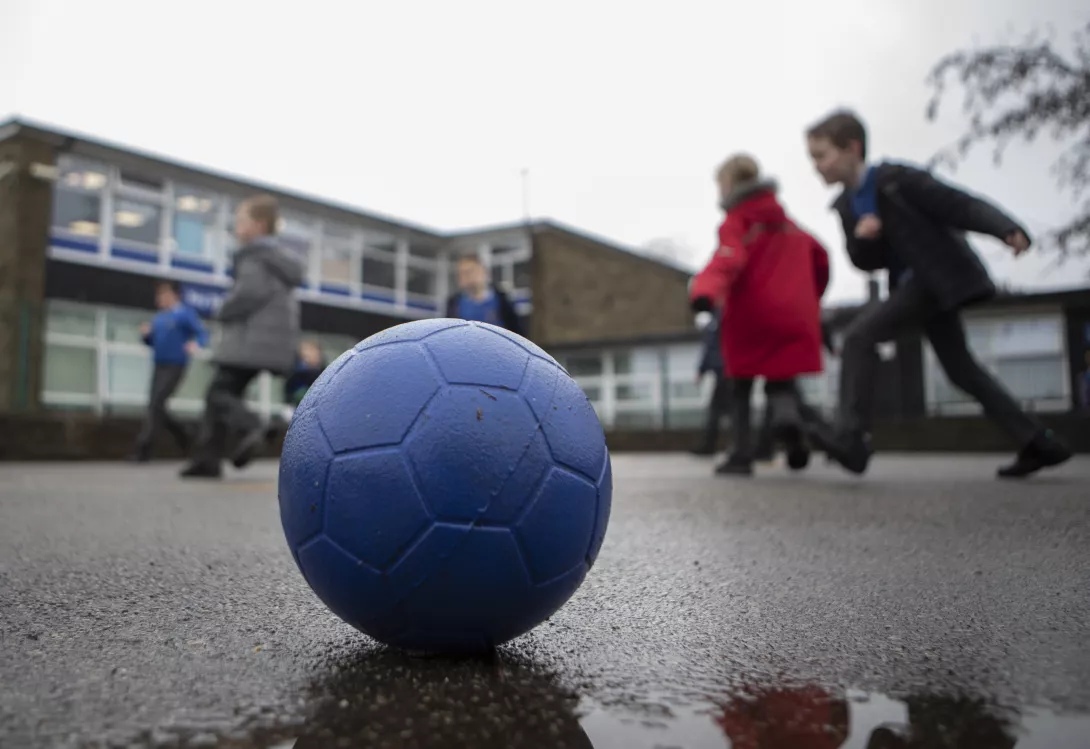GORDON PARSONS is bowled over by a skilfully stripped down and powerfully relevant production of Hamlet
How to listen to communities
MARJORIE MAYO recommends a guide to sharing knowledge, freely available both to academics and communities
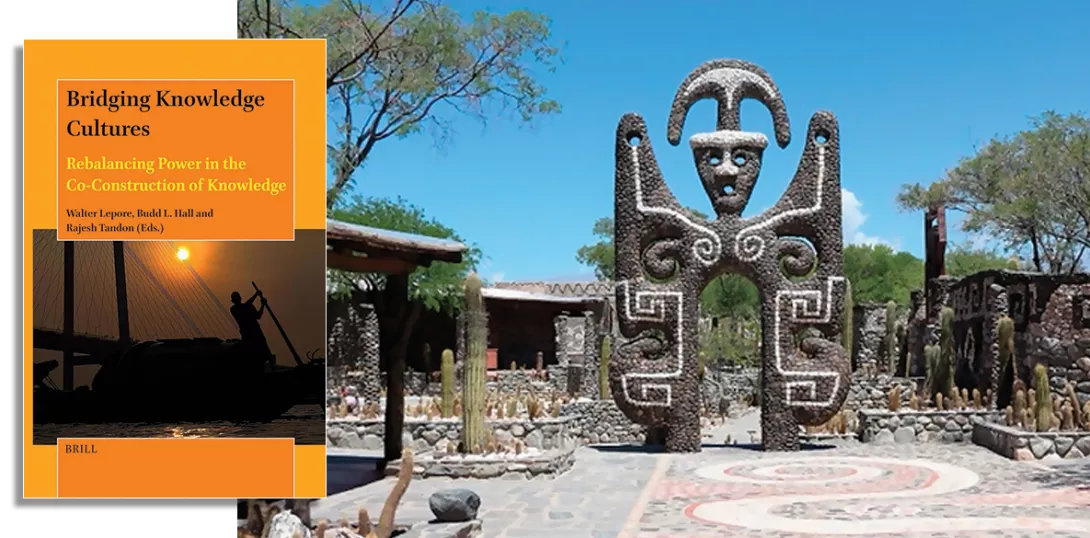
Bridging Knowledge Cultures: Rebalancing power and the co-construction of knowledge
Edited by Walter Lepore, Budd L Hall and Rajesh Tandon, Brill, Free download
WHOSE knowledge counts? And how can knowledge be democratised? History “from below” – including oral history – could bring the past to life, enriching, rather than superseding, other forms of knowledge and empowering communities in diverse ways.
Bridging Knowledge Cultures explores these issues, drawing on the experiences of a number of Unesco-supported initiatives, developing partnerships between academic institutions and communities, and developing participatory research in the pursuit of sustainable development and social justice agendas.
More from this author
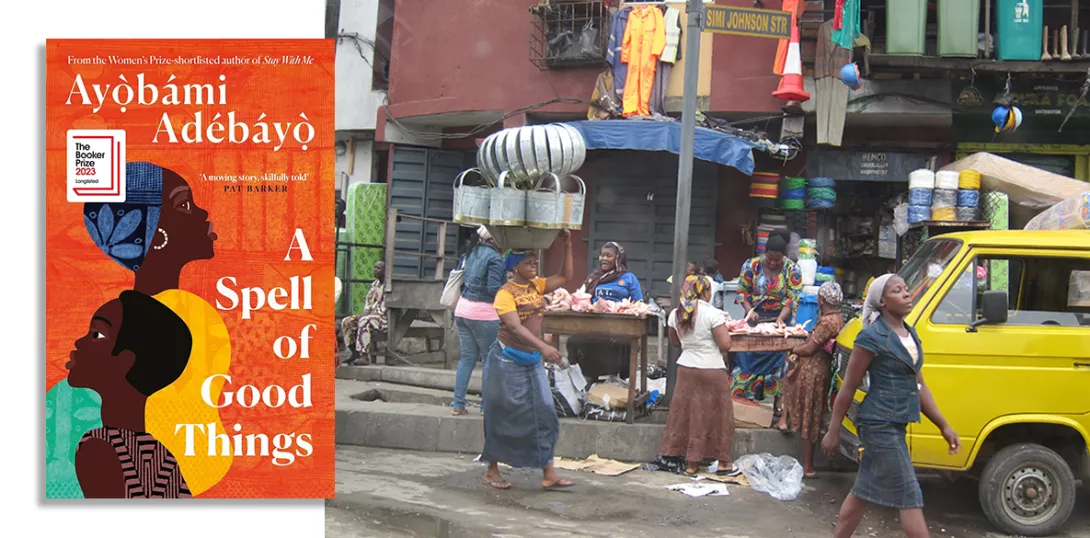
MARJORIE MAYO recommends the story of two families caught up in the riptides of wealth, power, romantic obsession and political corruption
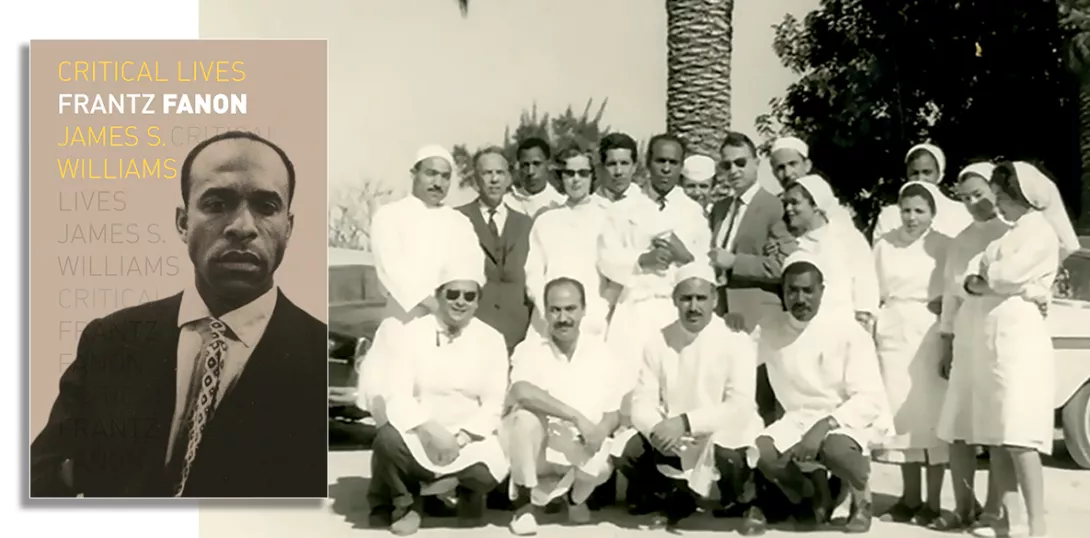
MARJORIE MAYO is enthralled by a new biography of the Martiniquan anti-colonialist and psychiatrist
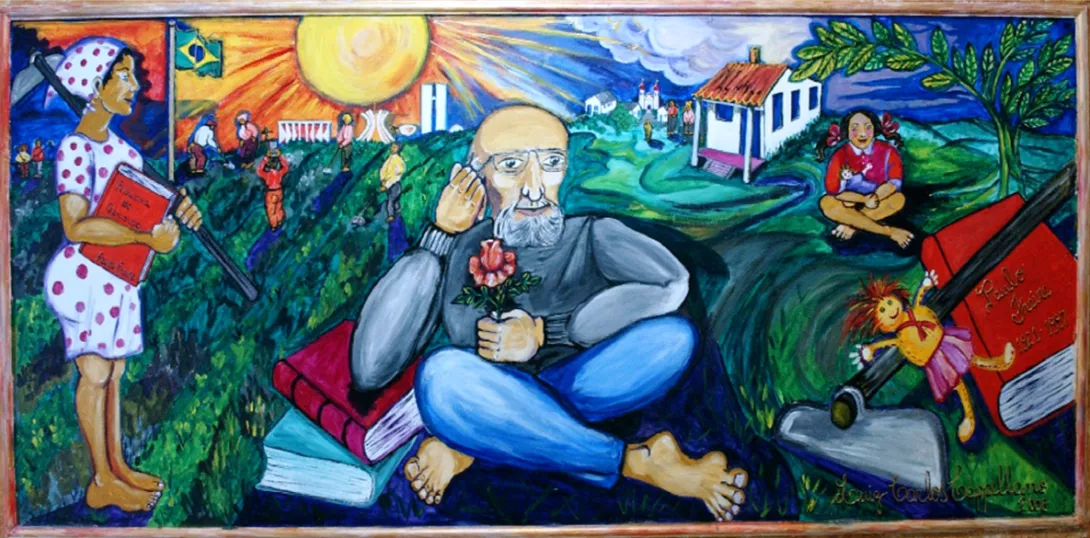
MARJORIE MAYO lays out the foundations necessary to allow for learning that equips people to engage in collective struggle and progressive social change
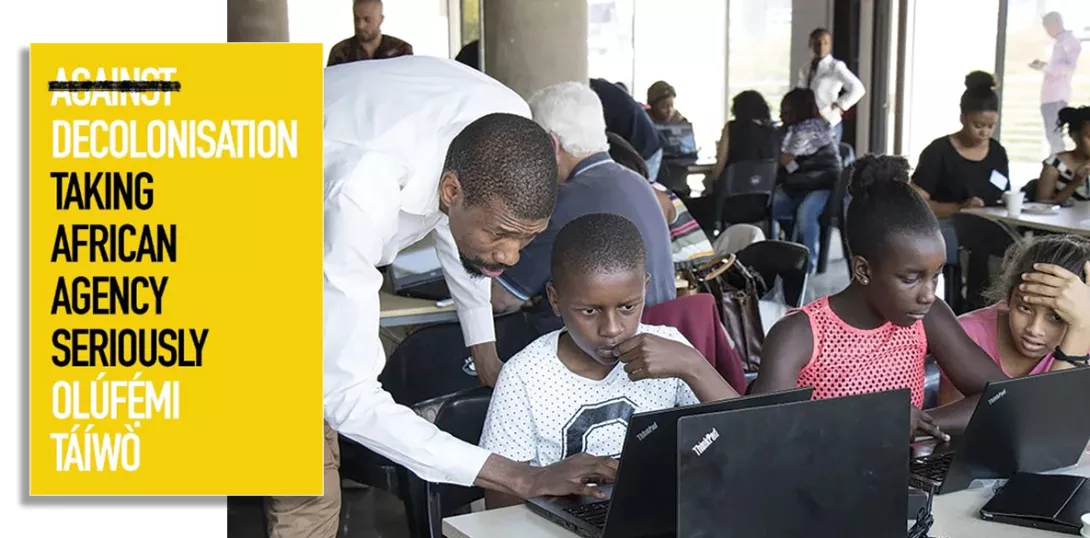
MARJORIE MAYO praises a book that raises significant questions challenging the limitations of extreme forms of decolonisation
Similar stories
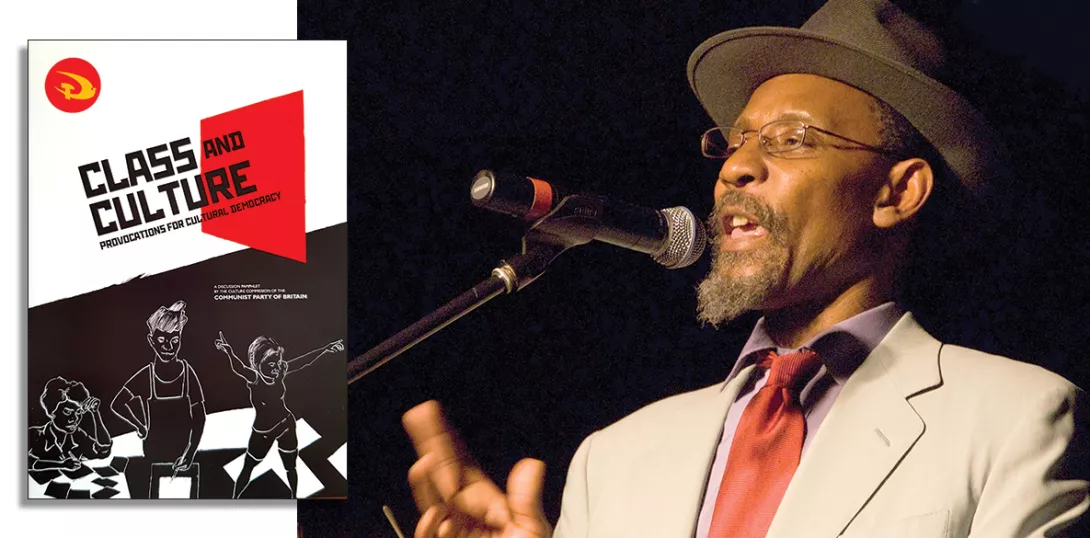
FRAN LOCK welcomes a discussion of culture designed to stimulate discussion and help to develop practical campaigns

Insect-watchers can make an important contribution to our understanding of local species populations and assist in conservation efforts – but this hobby is on the decline. ROX MIDDLETON, LIAM SHAW and MIRIAM GAUNTLETT ask why that might be


